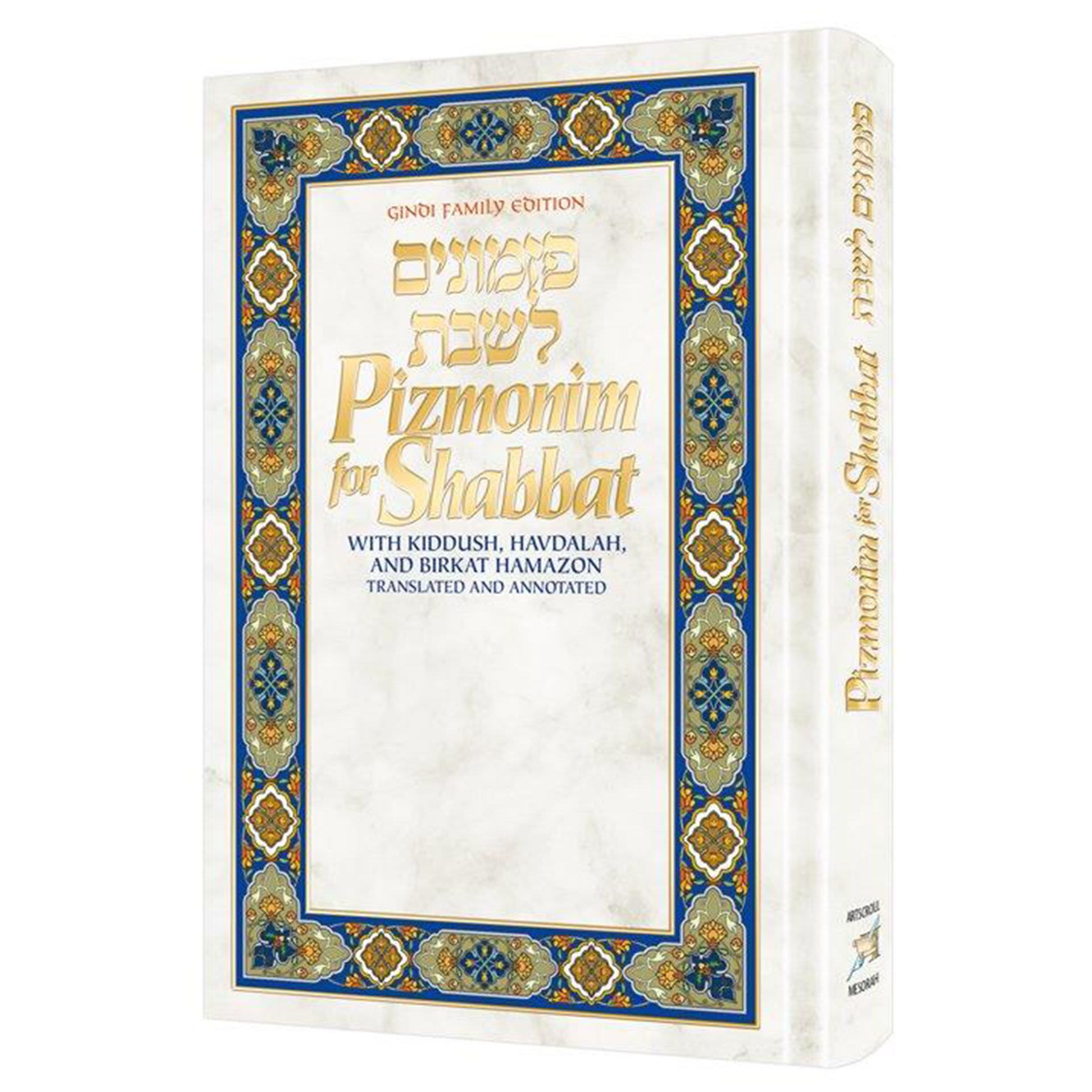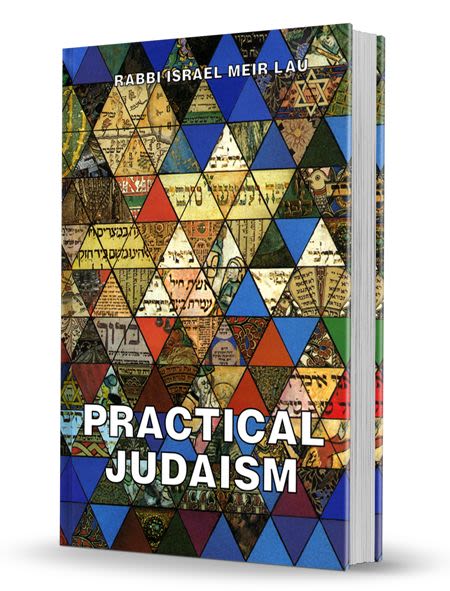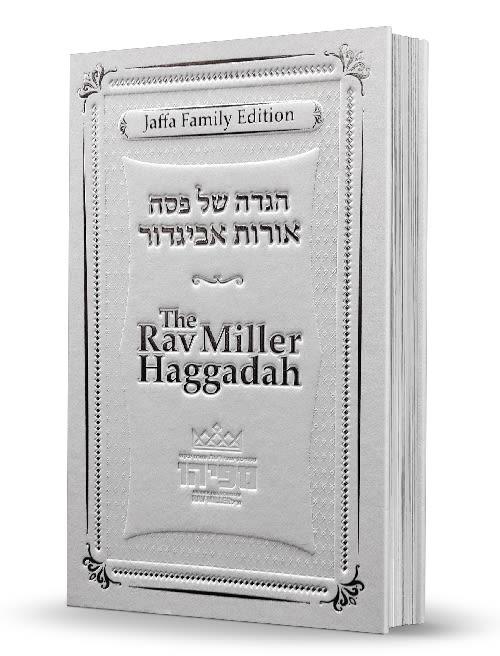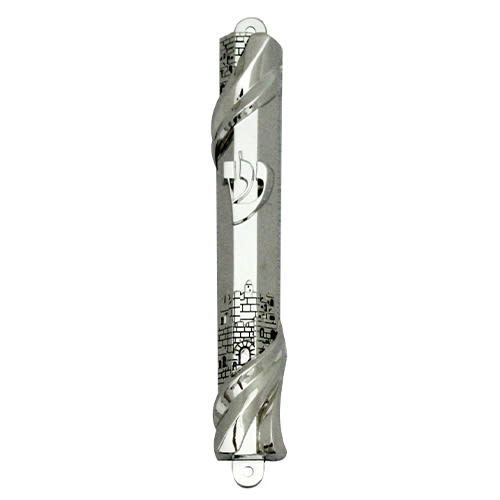
Terumah: A Worthy Sanctuary
The great Chassidic masters, disciples of the holy Baal Shem Tov of blessed and saintly memory interpreted "within them" as a divine instruction to prepare...

"And they shall make a sanctuary, so that I shall dwell within them" (Shmot 25:8).
The great Chassidic masters, disciples of the holy Baal Shem Tov of blessed and saintly memory, interpreted "within them" as a divine instruction to prepare our inner selves as worthy sanctuaries for the Shechina, or Divine presence. Such an exalted guest cannot visit, much less dwell, in an inferior lodging, as we shall see in the following parable:
The King and his royal entourage were visiting the outlying villages of the kingdom. The monarch was thinking how the crisp and clear mountain air would be most conducive for the health of his three sons, the princes, who spent most of their time in the congested capital city.
The royal entourage stopped by a quaint little inn and tavern. The innkeeper, thrilled to have such important guests, raced outside and prostrated himself before the King's feet. "Your majesty, I'm so honored! How may I serve you?"
"You may rise," said the King. "I'm looking for a dwelling in this vicinity that's a befitting hostel for my vacationing sons. They don't require fancy furnishings, but they must have rooms that are impeccably clean and orderly, in the proximity of the mountains and the hot springs."
"But, your Majesty, exclaimed the innkeeper, "My inn is simple; the tavern is the main source of my income. I don't think that the princes would feel comfortable in the company of my ale-drinking clientele."
"I shall compensate you six times over for your sale of ale. In addition, I will give you a stipend of 500 pieces of gold to transform the inn and tavern to a quality spa, fit for royal guests only. You will have the privilege of hosting my sons, the ministers, and honored guests of the kingdom. You'll never have to worry about money. Agreed?"
The innkeeper accepted the King's offer. The King's accompanying officers warned the innkeeper, "If you fulfill all of the King's demands – prepare and maintain a proper lodging for the King's sons – your rewards will be more than you ever dreamed of. But if you fail, you will be thrown in the deepest dungeon, punished and doomed to oblivion!"
The King and the innkeeper agreed that the princes would arrive in nine week's time. Feverishly, the innkeeper cleaned, repaired, rebuilt and remodeled the inn and tavern, turning it into a charming spa. The tavern became a regal dining room. Within six short weeks, the work was completed.
With three weeks left before the royal guests arrived, the innkeeper took a well-deserved rest from his labors. But, after three short days of idleness, he became bored.
One evening, while the innkeeper sat on the front porch of the remodeled inn smoking his cornstalk pipe, listening to the singing of the hummingbirds, and watching the golden sunset, three peasants approached the inn. "Dimitri," they called, good evening! We're thirsty! Break out a keg of ale!"
"I'm sorry, comrades," apologized the innkeeper. "This is no longer a tavern. Everything has been rebuilt for the King; soon his sons shall arrive. My inn and tavern is now a royal spa."
The coarse peasants burst out laughing: "Choose, Dimitri – either we break open a keg, or we break open your head!"
Dimitri rationalized that there was still time before the princes arrived; besides, he longed for his old cronies. He was bored doing nothing. Soon, the ale would flow, and so would the merriment. Besides, it was a chance to earn a few rubles on the side. "Surely, I'll have the place straightened up before the King's sons arrive," he thought…
With a foothold in the refurbished fancy quarters fit for royalty, the peasants refused to leave. Every day, more and more them flocked to the spa, which now reverted to its former status of village tavern, the scene of drunken folly, brawls, and general disorder. The highly-polished marble floors – prepared especially for the princes – were now covered with mud, blood, and beer.
With only a day left until the arrival of the princes, Dimitri made a valiant effort to clean and repair the spa. But, his last-minute rush was far from sufficient.
The three princes arrived, accompanied by an elite platoon of the palace guard. Things simply didn't look right. The spa's walls seemed to be soaked with the smell of ale. And, to the alarm of the visiting royalty, all three of the beds – designated in the royal suite for the King's three sons – were occupied by drunken peasants with their muddy boots on, sleeping off the stupor of the previous night's ale!
The King had paid for the fancy beds, intended for the use of his sons. He had given the foolish and easily tempted innkeeper more than enough money to remodel the inn, while compensating him six fold for the tavern's business. Now, the silky white sheets of the royal beds were ruined with mud and filth. This was not only a breach of faith, but an outright embezzlement of the King!"
In disgust, the royal entourage left the premises, and the miserable innkeeper was shackled in heavy chains, thrown in the deepest dungeon, and never heard from again.
* * *
Rebbe Nachman of Breslev teaches (Likutey Moharan I, 5:4), that a Jew must cleanse his mind of foreign philosophies, which not only sour his comprehension and learning capabilities, but trigger his bodily appetites as well. Also, foreign philosophies are detrimental to the fear of God, and fear of God is the basis of true wisdom, for in the absence of wisdom, there is no fear of God (see Pirchei Avot III). Elsewhere (ibid, 35:1), Rebbe Nachman explains that the more foreign philosophies occupy space in a person's (especially a child's) mind, the more they inhibit the healthy spiritual development of the mind and serve as a magnet for bad character traits.
In light of Rebbe Nachman's teachings, we can easily understand the moral of the above parable. The King is God; His three sons are Wisdom, Knowledge, and Understanding. The innkeeper is the human, whose task is to prepare a suitable lodging – the brain, where the divine soul is housed – for the royal guests, the wisdom of Torah.
When one allows foreign philosophies to enter the mind, it's exactly like the innkeeper that lets drunken peasants enter the chambers that were prepared for the King's sons. With the beds are occupied by the drunkards, there's no room for the King's sons. By the same token, when one's mind is filled with foreign philosophies and other follies, there's no room for the pure and lofty wisdom of Torah, the only source of spiritual of spiritual nourishment so vital for a healthy soul. So, with no Torah – heaven forbid – the soul suffers.
Now, the ordinance of this week's Torah portion becomes crystal clear: God wants each of us to make our hearts and brains a divine sanctuary fit for the wisdom of the holy Torah. We must welcome the divine guest of Torah wisdom and close the doors of our minds and hearts to the philosophies of the gentiles, thereby making our inner selves a mikdash me'at, a miniature tabernacle worthy of the Shechina Kedosha, the King's holy presence. May we all succeed in this endeavor. Amen.












Tell us what you think!
Thank you for your comment!
It will be published after approval by the Editor.